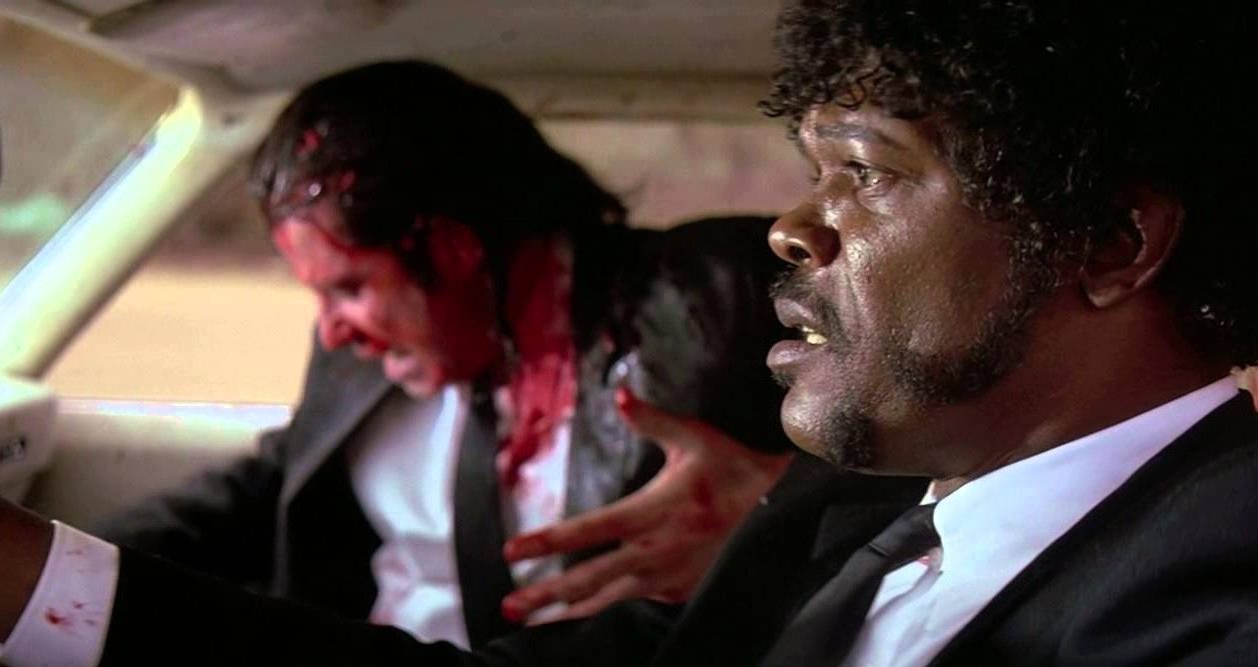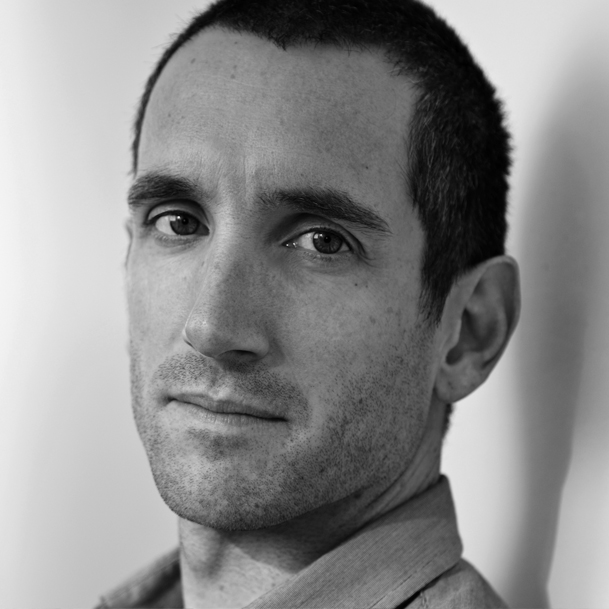Rockin’ the Shocker
When I drank a lot more than I do now, I loved day-drinking. The barflies were always ready with the filthiest, rudest jokes by midafternoon. At some point someone would turn and say, “A pedophile and a little boy were walking into a forest…” It was shocking, awful, and hilarious.
I wonder why?
I think shock is anything that undercuts our intellect to hit our nervous system. Shock wakes us up. That’s why good jokes are a form of shock, tasteful or otherwise. Is shock good or bad? I think it is only unethical when people get hurt in the making of it. For example, Man Bites Dog is a mockumentary about serial killers (fiction), whereas ISIS videos are fact. Both are shocking. Man Bites Dog, however, is more interesting than any ISIS video. Why? Because Man Bites Dog is shocking even though we know it’s fake. When we react to it, we are in a dialogue with what they are saying and the craft they use to say it.
The Todd Solondz movie Happiness is extremely shocking. Its most shocking moments—(SPOILER ALERT) when the pedophile masturbates in the back of his family sedan to Teenbeat magazine (!) or when Philip Seymour Hoffman makes an obscene phone call and then ejaculates onto postcards of places he’s never been to and sticks them to his bedroom wall (!!)—create a kind of distilled, memorable truth about these characters. It’s frightening, because they are clearly monstrous people, but it’s also interesting, because they aren’t clearly monsters. Monster stories are for children, but stories about monstrous people are for adults. The latter is always more shocking because we know they’re true.
Adults recognize that the world is a complicated place, and bad people are rarely solely bad. Good people do bad things, and bad people do good things. Embracing that paradox is a way of taking responsibility for our society in a clearheaded and mature way. So when we are confronted by shock—well-made shock, that is—we confront our own visceral reactions. Then we get to parse them, figure out why and how. George Bernard Shaw always followed a laugh with argument. Laughter is a result of surprise—a kind of shock—and opens our mind to new ideas.
Let’s not kid ourselves. Nobody’s motivated to make art to pacify or dull their audience. All artists want to stimulate. The test is whether we can stimulate effectively.
Nobody’s motivated to make art to pacify or dull their audience. All artists want to stimulate. The test is whether we can stimulate effectively.
Sometimes audiences will criticize a playwright or artist as “only trying to shock.” I have a vigorously ambivalent attitude towards this criticism. On the one hand I think: Well, that’s because you were actually shocked by it. And it doesn’t necessarily follow that your reaction was the artist’s intention. On the other hand I think: Maybe that’s poor craftsmanship on the part of the artist.
For example: Quentin Tarantino is always shocking. The dude getting shot in the back of the car in Pulp Fiction is shocking. Jennifer Jason Leigh being strung up by two men who laugh at her while she dies in The Hateful Eight is shocking. But these are two different kinds of shock. The former tells me something about the danger of the gangster’s world and about the chaos guns create. It’s funny, because we know it’s fake, but it also stimulates us to consider its application to the real world. The latter—the callous hanging of a woman—tells me that Tarantino is willing to flout the last few decades of discussion around men’s tendency to hate and kill women in order to create a “shockable moment.” The former is good storytelling, the latter is shit. And it’s not shit because it flouts “political correctness.” It’s shit because it’s oblivious to the cultural discussion that these kind of images evoke.
Sometimes we get offended by even the presence of shock. If something upsets us, we may want it silenced or taken away. “Cover your breasts, women!” or “Boycott the Mapplethorpe exhibit!” or “Shoot Donald Trump!” We all feel something like this when it is demanded that we think outside our comfort zone. And we shouldn’t be too hard on ourselves when we do. But if we accept freedom of expression as a right and not a privilege, then our reaction gets trumped by time and reason. After a bit we say, “Why do women want the right to bear their breasts?” and “What is quantitatively offensive about a photo of two consenting dudes urinating into each other’s mouths?” or even, “Have I ever mistaken a history-changing global catastrophe for a convenience store?” The answer, perhaps, is less important than the question.
I’ll be honest: I love shock. I’m not going to even try to deny that it quells some deep, childish, psychological urge in me. I was a weak kid: asthmatic, frightened, and bullied. Conceptualizing awfulness or making dark, cynical jokes let me master my fears and also helped me find my tribe of like-minded children. We joked about the things that frightened us in order to commune with each other about our fears. We were gentle people, but our senses of humour were not.
When I write, shocking things always pop up in my mind, so I write them down. Better out than in, right? Then I look at that shocking moment or bit of dialogue or joke and I think: What’s that all about? What questions does it raise? Why? And then I write around it. What led up to the moment? What comes after? And then—more often than not—the actual shocking bit gets cut out. But the initial shock inspires me towards complicated situations and moral grey areas. All of which are vital to me in making good art.
But sometimes the shocking stuff stays in—because it’s justified, because it’s funny, and also because I want to say to the audience: Does this stuff freak you out? Because it sure does me! After all, drinking in the afternoon, we all knew that no actual pedophile would ever make that pedophile joke. If you laughed, you were one of the good guys.









Comments